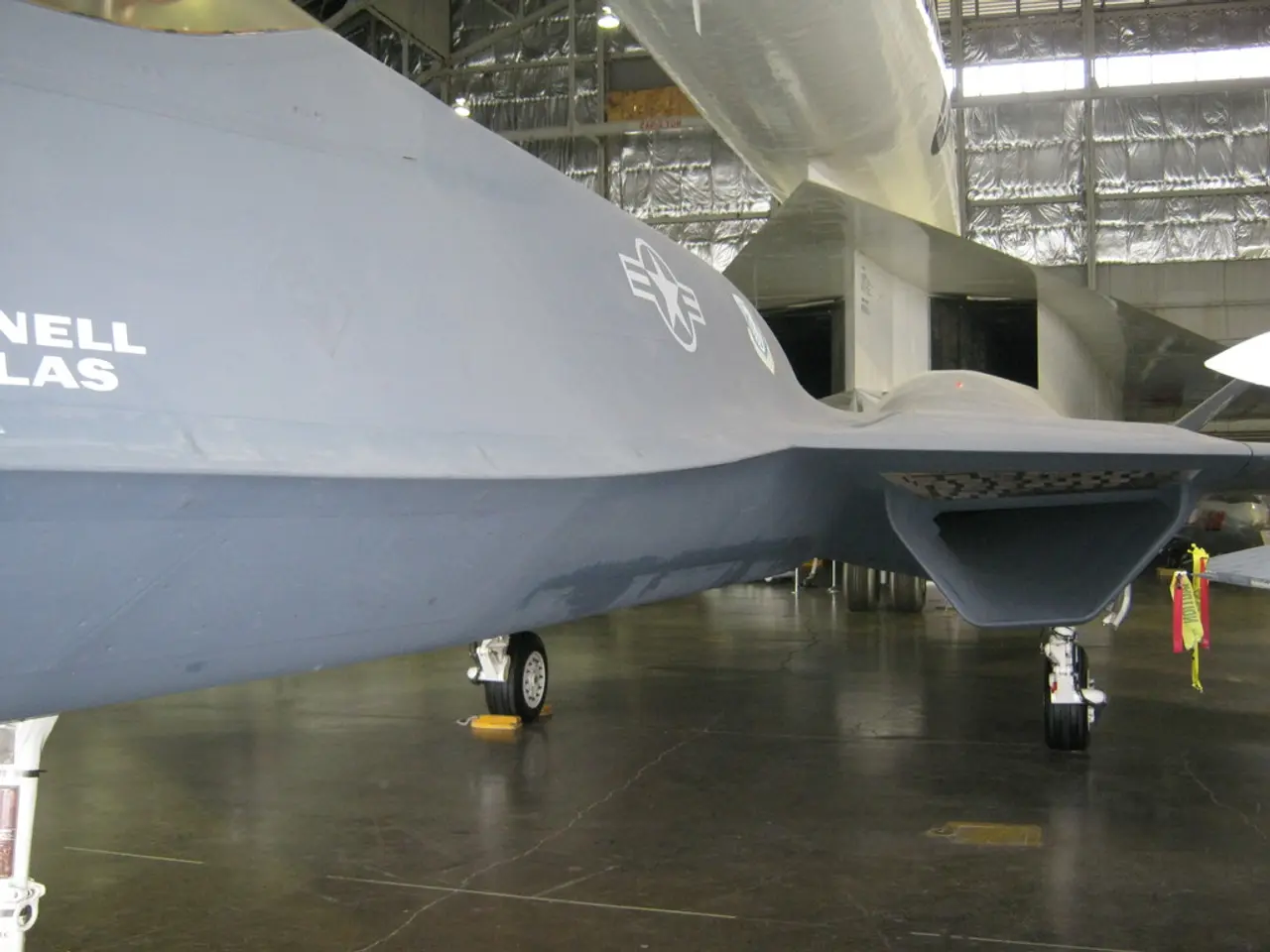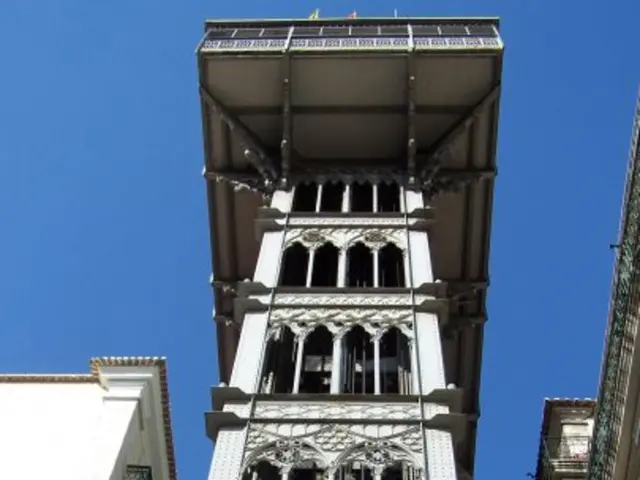U.S. mandates the termination of Delta-Aeromexico alliance due to perceived inequity issues in Mexico's market scenario
In a move that could have significant implications for both the U.S. and Mexican economies, U.S. Transportation Secretary Sean Duffy has announced the revocation of the antitrust immunity for Delta and Aeromexico's partnership. This decision could potentially deter over 230,000 tourists from visiting the other country, as both American and Mexican tourists may choose not to travel due to the loss of direct flights.
The antitrust immunity, in place since 2016, allowed Delta and Aeromexico to price and schedule their flights jointly and share revenue. However, Duffy expressed concerns that Mexico's actions, such as moving airlines from the main Benito Juarez International Airport to the newer Felipe Angeles International Airport, may have violated a trade agreement.
Duffy stated, "Empty promises mean nothing. After years of taking advantage of the U.S. and our carriers, we need to see definitive action by Mexico that levels the playing field and restores fairness."
Delta believes that Duffy's decision will cause significant harm to U.S. jobs, communities, and consumers traveling between the U.S. and Mexico. On the other hand, Aeromexico argues that the loss of the alliance would overlook the benefits it has brought to connectivity, tourism, and consumers in Mexico.
This airline dispute is another front in the broader trade dispute between the U.S. and Mexico. Mexican President Claudia Sheinbaum said that the transfer of cargo operations from Mexico City's main airport to the new one was a technical decision, not a decision against any U.S. airlines. She also emphasised that any new change should be based on technical criteria and prioritizing safety.
Delta and Aeromexico operated over 30,000 flights between the United States and Mexico last year, according to aviation data firm Cirium. The two airlines will continue to cooperate but won't be able to work together as closely due to the revoked antitrust immunity.
Mexican President Sheinbaum acknowledged that some U.S. companies complained when the change happened, but she said that they adapted to the new situation. Sheinbaum also clarified that Mexico's decision was not a decision against any U.S. airlines, but due to the need to relieve congestion at the capital's old airport, Benito Juárez.
Duffy's order will take effect in January, but there won't be any changes to flights or loyalty programs at the airlines until then. The search results do not contain information about Mexican government officials impacted by the Delta and Aeromexico cooperation dispute.
Competing airlines Viva and Volaris expanded their operations at Benito Juarez airport after Interjet went out of business during the pandemic. Aeromexico also grabbed half of Interjet's slots and expanded in Mexico City.
As the situation unfolds, both countries will closely monitor the impact on tourism, jobs, and consumer travel. The revocation of the antitrust immunity between Delta and Aeromexico marks a significant shift in the airline industry, potentially leading to increased competition and changes in travel patterns between the U.S. and Mexico.






